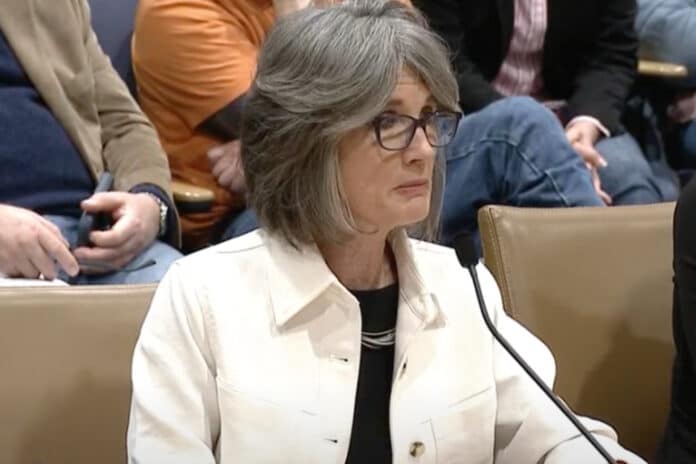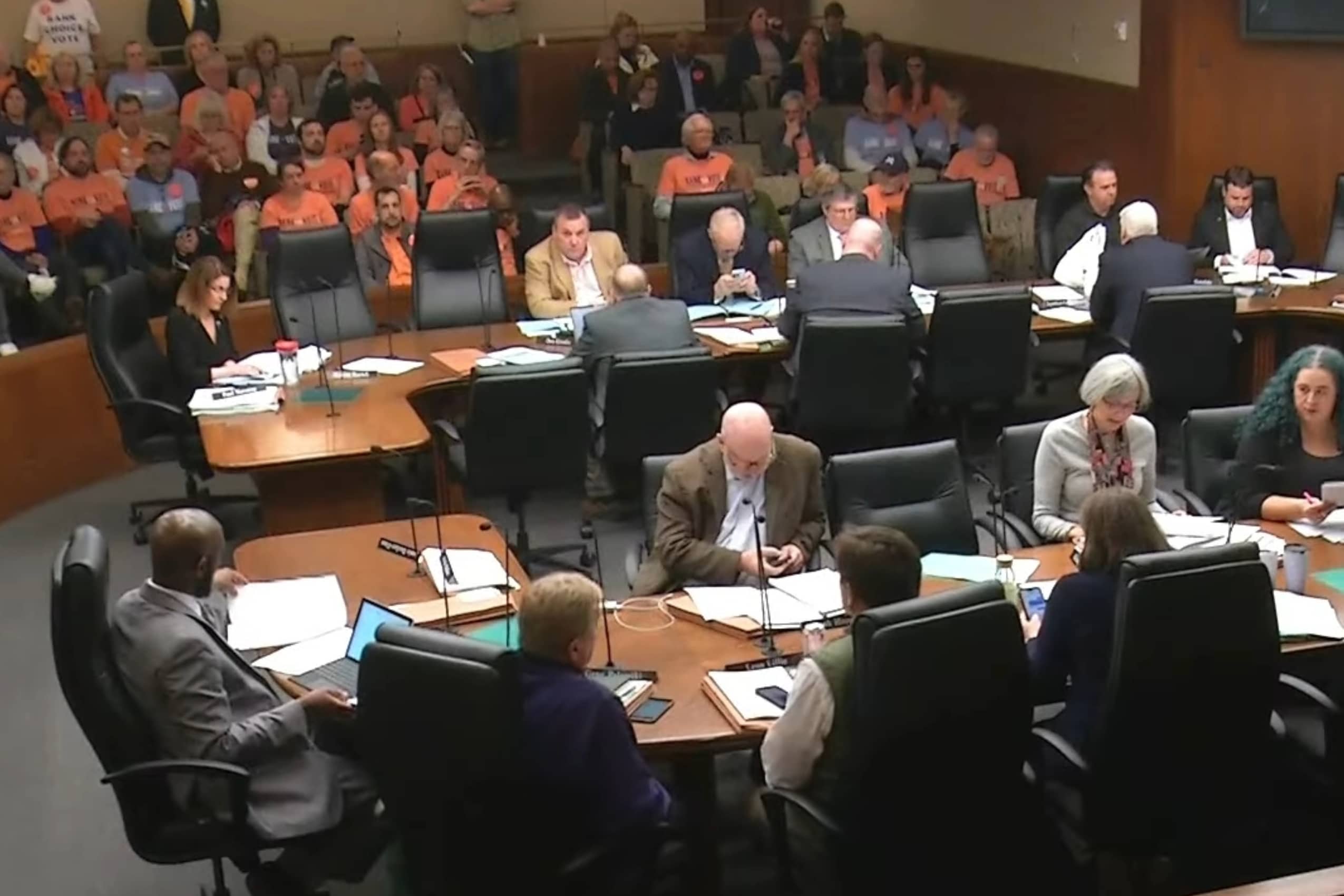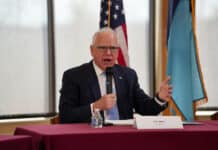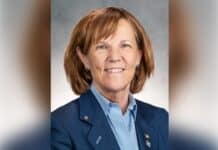
Jeanne Massey won’t give up her well-funded push to make Minnesota a ranked-choice voting state, even if it means the DFL legislators she’s partnering with continue to whittle down the scope and scale of a bill they are trying to pass while Democrats still have a trifecta this spring.
The Minneapolis resident and longtime executive director of FairVote Minnesota has seen her salary quadruple over the last five years as the organization she leads sets its sights on ranked-choice voting and rallying for DFL politicians who sign on as RCV supporters.
HF3276 would amend state law to allow municipal governments of all forms to implement ranked-choice voting by ordinance, referendum or charter amendment.
That a simple majority of a city council or school board could implement ranked-choice voting at their whim was one of several criticisms that opponents of RCV cited earlier this session as the proposal made its way through the legislature.
So on Friday, Rep. Cedrick Frazier, DFL-New Hope, offered an amendment to the bill he’s carrying that would limit local elected government bodies to approving a ballot referendum that would have to be decided by voters in their community.
DFL members of the House Ways and Means Committee adopted that amendment and then voted to move the bill (with that change) to the House floor. To date, while 35 Democrats have signed onto the bill, it has no Republican sponsors.
Massey a burnt orange fixture among Capitol DFLers
Massey, who was in the audience during the bill’s hearing on Friday, received a salary of $226,000 as executive director of FairVote Minnesota in 2022, according to organization filings. She and her volunteer supporters are easy to spot at the Capitol as they typically wear burnt orange t-shirts emblazoned with the phrase “Rank the Vote” while they sit in committee hearings or pose for photos with DFL legislators who have signed onto their efforts.

Frazier, who last year was the chief author of the bill that would have implemented RCV for all legislative, federal and statewide offices, continues to make the case that ranked-choice voting helps alleviate divisive politics and improves civil discourse wherever it is adopted.
“The reason it’s becoming more popular now is because we live in such a polarizing and divisive time in our politics,” Frazier told his colleagues during the bill’s final hearing on Friday. It now heads to the House floor. “Ranked-choice voting is not a cure all, but it is a tool that can help with the polarization and the division we have. It requires candidates to connect with more than just a simple closed off base of voters. They have to connect with voters of broad views, because they have to rank those candidates.”
That contradicts a 2023 study published by the Humphrey School of Public Affairs at the University of Minnesota, which found no conclusive evidence for the RCV proponents’ claims that it lessens political polarization and increases diversity in elected offices.
Grassroots critics of RCV in Minnesota claim that a few mega-wealthy donors for FairVote Minnesota have more to do with its passage in a handful of cities than does its popularity among voters.
The organization has been heavily funded by donors from outside Minnesota, who have helped bankroll expensive campaigns to approve RCV ballot referenda in charter-governed cities like Minneapolis, St. Paul, Minnetonka, St. Louis Park and Bloomington. In 2015, FairVote Minnesota and an allied organization spent $181,000 to drum up support for an RCV measure in Duluth.
Hank Long
Hank Long is a journalism and communications professional whose writing career includes coverage of the Minnesota legislature, city and county governments and the commercial real estate industry. Hank received his undergraduate degree at the University of Minnesota, where he studied journalism, and his law degree at the University of St. Thomas. The Minnesota native lives in the Twin Cities with his wife and four children. His dream is to be around when the Vikings win the Super Bowl.











